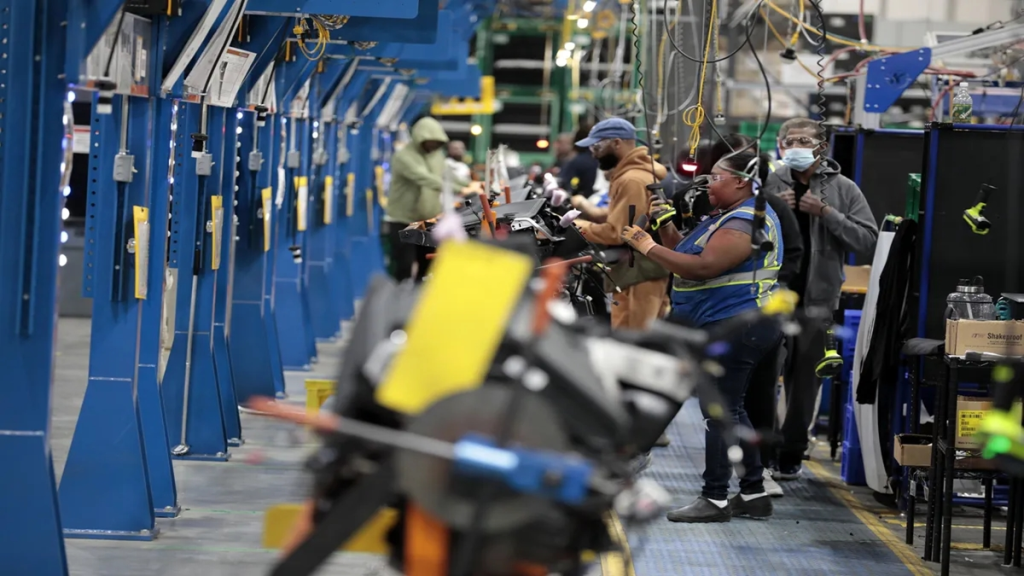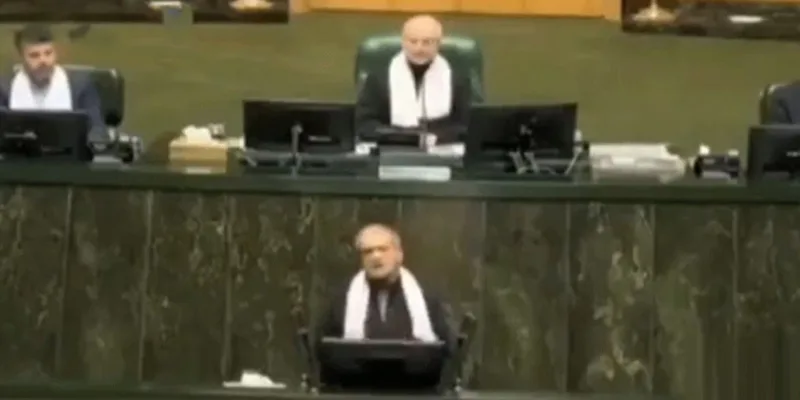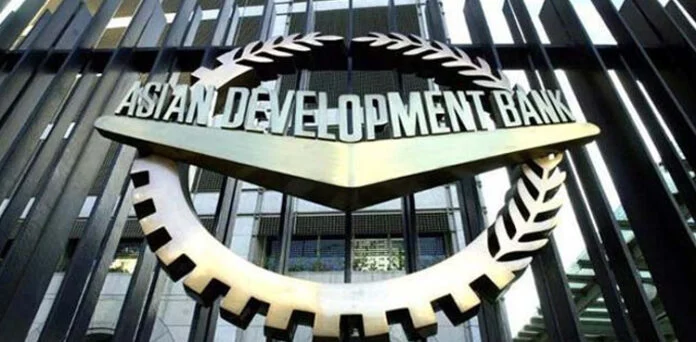
Key Takeaways
- Approximately 76% of immigrant construction workers in Ireland require an entry visa and employment permit.
- Bureaucratic procedures are causing delays in workers’ arrivals to Ireland.
- These delays are negatively impacting the country’s economy.
Approximately 80% of foreign construction workers arriving in Ireland require both employment permits and entry visas, contributing to a lag in the market. According to data from the Department of Enterprise, as of September 2024, only 1,102 work permits had been issued to construction workers from non-EU countries, with around 76% of these workers needing an entry visa to enter the country, as reported by Schengen.News.
It is clear that our construction industry is increasingly dependent on immigrant labor. Conversations with our clients reveal that, in some instances, as much as 40% of their workforce is sourced from non-EEA countries.
— David Heneghan, Partner at Addleshaw Goddard Ireland
Majority of Skilled Workers in Ireland Are From
Philippines & Brazil
The data shows that Filipinos received 192 of the 1,102 work permits granted since the start of 2024, positioning them as one of the primary beneficiary groups. Like most other nationalities in this category (excluding Brazilians), Filipinos require a Schengen visa to enter Ireland.
Additionally, around 180 permits were issued to Indian nationals and 130 to South Africans, underscoring the labor market’s heavy reliance on immigration.
Heneghan emphasized that streamlining the visa process would make it easier for immigrant workers to come to Ireland, thereby encouraging them to choose the country as their preferred destination.
There is an opportunity to merge the employment permit and entry visa processes into a single, user-friendly application system, enhancing the overall customer experience. By reducing bureaucratic hurdles while preserving the integrity of both systems, this approach could provide greater certainty regarding application processing times.
David Heneghan noted that such a change could also reignite interest among foreigners seeking work permits, which has declined in recent years. Data from the Department of Enterprise indicates that the rate of permit issuance is significantly lower than in 2023.
Ireland Struggles to Fill In the Number of Workers
Needed in Construction
The government is facing challenges in achieving its targets under the Housing for All initiative. A review of the employment permits system last year revealed a significant shortage of skilled roles in construction, prompting a potential reassessment of eligibility criteria.
Many positions in the construction sector have now been removed from the Ineligible Occupations List, meaning that, provided they meet the necessary requirements, these roles could qualify for at least a General Employment Permit.
David Heneghan emphasized that the current permit system does not adequately address the needs of the construction industry. He proposed a trial period of two years for a Construction Employment Permit, similar to the seasonal permit, which could provide much-needed support for this sector.


















